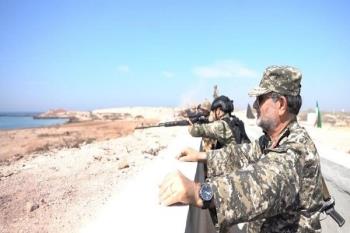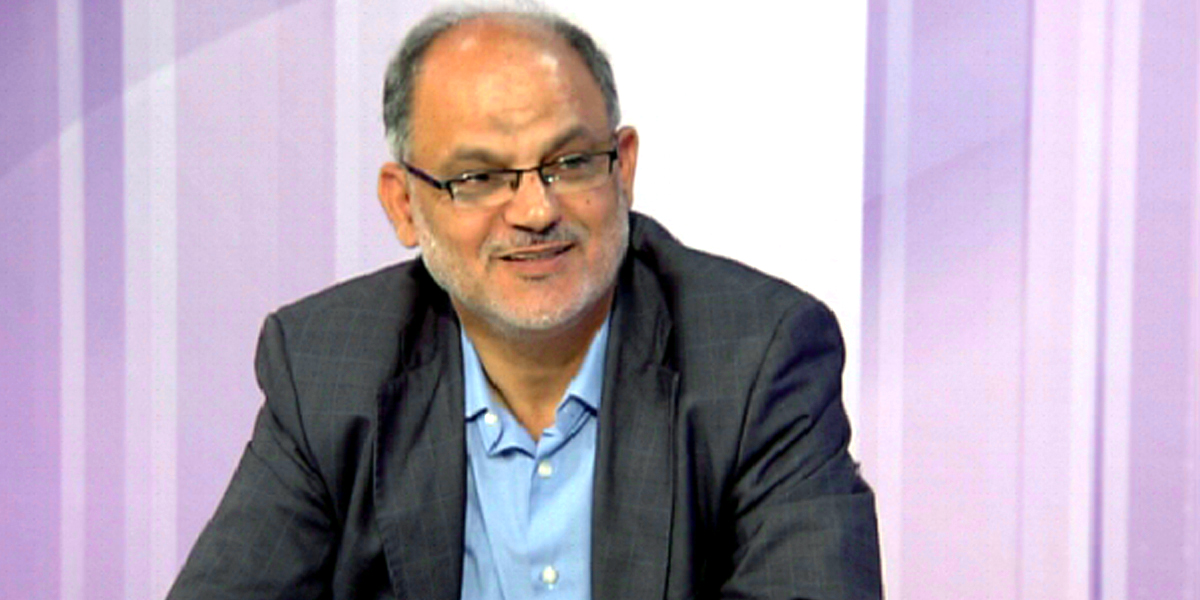Alwaght- It seems that the presidency case in Lebanon is experiencing fundamental changes and surprises on more than a level, and the rules of games of the political alliances that Lebanon has experienced since 2005 and up to now is heading to unclear changes. All these are coming after Samir Geagea, the executive chairman of the Lebanese Forces, Lebanon’s second largest Christian party, has endorsed Michel Aoun, the leader of the country’s Free Patriotic Movement, for Lebanon’s president post, a move preceded by the Movement of the Future’s leader Saad-eddine Rafic Al-Hariri showing support for the member of the parliament Suleiman Frangieh for the same post, while formerly Geagea has himself run for the president post in a bid to prevent Aoun from reaching the presidency of the country, as Geagea’s parliamentary coalition and his allies have insisted on his designation in the parliament’s sessions held previously to choose a president for the country. In the shadow of all these developments and due to the wonderings about what results the presidential case would bring forth, the Alwaght has conducted an interview with the journalist and political analyst Qasem Qaseer.
Alwaght: What is your vision on Samir Geagea’s decision to support Michel Aoun for the country’s presidential post?
Qaseer: Mr. Geagea has made the decision to endorse Michel Aoun, first, in response to Al-Hariri’s decision to favor Suleiman Frangieh for the same post. The second point is that Geagea, since some time ago, has worked on adopting the “agreement card” with the Free Patriotic Movement in a bid to mend the Lebanese Forces’ relations with the Free Patriotic Movement after a lengthy term of disputes between the two sides. Through this move, Geagea is trying to first, improve his image in the eyes of the country's Christians and remove the historic problems emerged between the Lebanese Forces and the Free Patriotic Movement during the past years and Second, Geagea is attempting to inherit Michel Aoun and the Free Patriotic Movement after some time, because he sees the Lebanese Forces as more organized and powerful, and thus eligible, to win the Christian public in Lebanon.
Alwaght: What is Al-Hariri’s aim of supporting Frangieh for president as we know that Geagea has named Aoun in response to Al-Hariri’s decision?
Qaseer: Al-Hariri has decided to back Frangieh for a couple of reasons. First, Al-Hariri has found the presidency case in Lebanon as would keep being in a dead end if a candidate from March 8 Alliance is not named for president and he is eying returning to Lebanon through being the prime minster. Secondly, there are some international sides which advised Al-Hariri to take this step. He believed that endorsement of Suleiman Frangieh would open the door for political changes in the country. But what happened is that Hezbollah, which is the other side of the president’s case, has not quickly reacted to Al-Hariri’s supporting of Frangieh, as it asked for calm and delaying the case for some time.
Alwaght: Having in mind that we, in the present situation, are observing a cautious calm by the March 14 Alliance concerning its reactions, what situation the alliance would end up in with regard to Geagea’s backing of Aoun?
Qaseer: We are living a stage we would like to call it card shuffling either for March 8 Alliance or March 14 Alliance. Considering the preliminary reactions to the endorsement, it is obvious that the March 14 Alliance is shocked at Geagea’s support for Aoun, because this alliance or some fractions of it have been considering Michel Aoun as the favorable candidate of Iran for the presidency. However, some others have made no comment to examine the situation. The Movement of the Future gives the circumstances a thorough look and we are in front of a new map, set to be drawn as a result of the Movement of the Future’s alliance with the Lebanese Forces. On the opposing side, inside the March 18 Alliance, despite the fact that the alliance is still maintaining its unity, there are different viewpoints. Some of the alliance’s fractions, especially Nabih Berri, want Suleiman Frangieh become the president while the others, like Hezbollah, want to see Aoun as the country’s president.
Alwaght: Concerning the Lebanese political forces’ stances, do you have any information about standings of the Lebanese Forces and the Amal Movement, specifically Nabih Berri's, about this surprise endorsement?
Qaseer: The Lebanese Forces party up to now has not released its stance so far but since the beginning, it has asserted that any candidate has to have plans for his presidential campaign and its stances essentially depend on the candidate’s programs. With a regard to the political considerations, of course the Forces party would be in favor of Frangieh’s nomination once an agreement is reached with the party, because Suleiman Frangieh would make a prospective ally for the Lebanese Forces party. But in the event that Michel Aoun coalesces with the Forces party, this would leave a negative impact on party, leading to the Forces' weakening prospectively. But we need to wait some time because the Forces party would hold the meeting of its political office and its leaders to determine its positions.
But about Nabih Berri, as it is known there is no positivity between him and Michel Aoun, and he prefers Suleiman Frangieh or any other nominee. There is a comment formerly given out to the media by Berri who said that in case Aoun is designated for president and at the same time Frangieh also remains a nominee, he would give his parliamentary fraction’s members a carte blanche to choose whomever they find suitable.
Alwaght: what is your outlook for Lebanon’s presidency case in the shadow of the present developments?
Qaseer: We Are in the front of a new stage and two determined candidates, and they are Michel Aoun and Suleiman Frangieh who has said a couple of days ago that he was proceeding with his candidacy for president. We have to wait some time to see how the alliances' map would be drawn, and what would be the Movement of Future’s stance, because it is impossible to hold presidential election without the approval of the Movement of the Future, Walid Jumblatt, the leader of Progressive Socialist Party, and other parliamentary alliances and they have the power to foil any agreement on a candidate for the presidential post. So we are facing two possibilities, the first is reaching a deal on one of the candidates, especially Michel Aoun, this is not an unlikely choice, despite its difficulty. Still, there is another possibility and it is holding election with the two candidates Frangieh and Aoun being candidates. Yes both of the possibilities are likely, and in the few upcoming days we would see more contacts and communications between the Lebanese political forces, and it is based on these contacts that the fate of presidency or the presidential election would be determined.



























